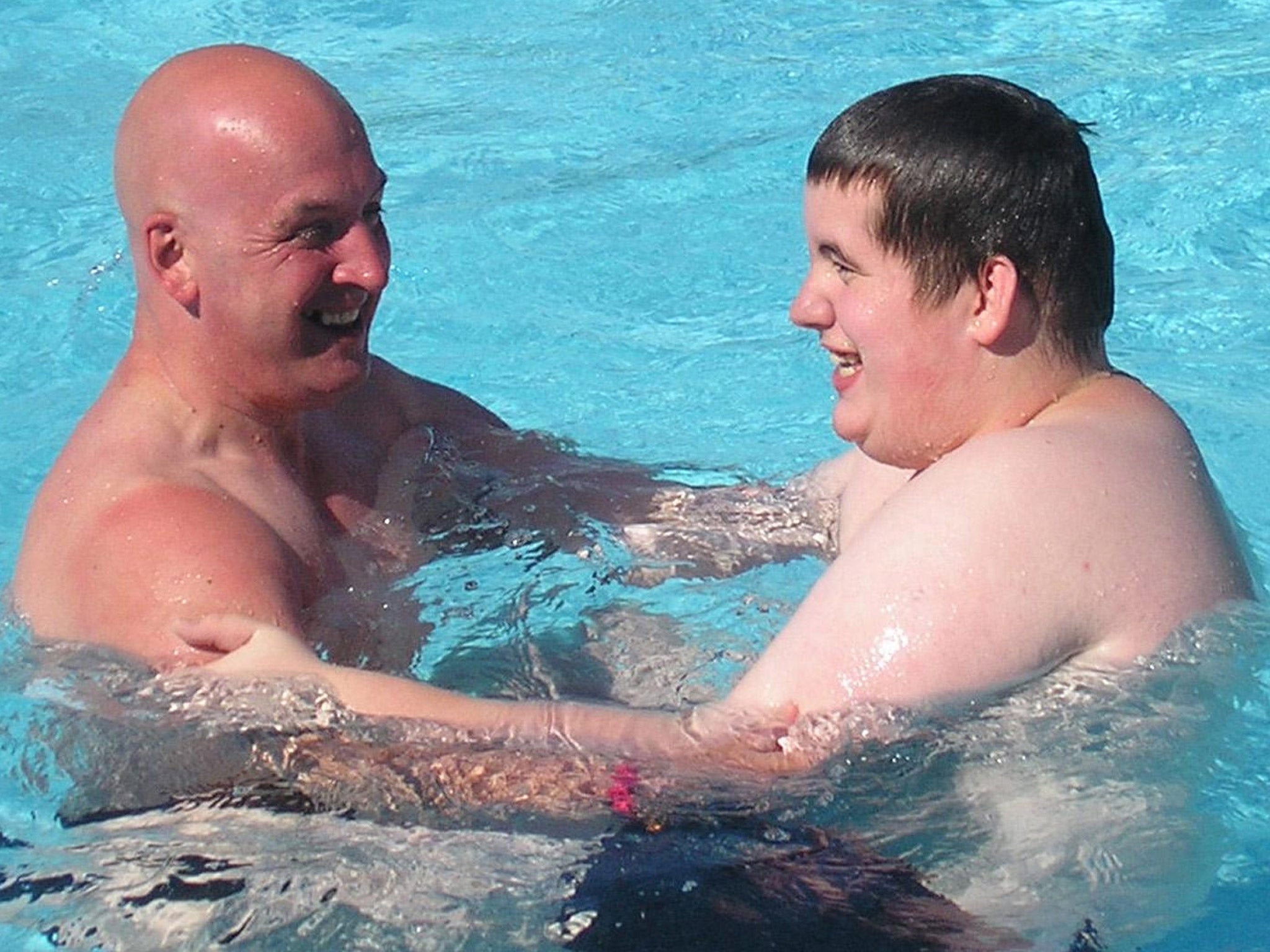The great mental health betrayal: Inquiry slams ‘appalling’ unlawful detention of tens of thousands of vulnerable people
Lords condemn ‘wilful oppression’ and call for urgent reform of Britain’s care homes

Your support helps us to tell the story
From reproductive rights to climate change to Big Tech, The Independent is on the ground when the story is developing. Whether it's investigating the financials of Elon Musk's pro-Trump PAC or producing our latest documentary, 'The A Word', which shines a light on the American women fighting for reproductive rights, we know how important it is to parse out the facts from the messaging.
At such a critical moment in US history, we need reporters on the ground. Your donation allows us to keep sending journalists to speak to both sides of the story.
The Independent is trusted by Americans across the entire political spectrum. And unlike many other quality news outlets, we choose not to lock Americans out of our reporting and analysis with paywalls. We believe quality journalism should be available to everyone, paid for by those who can afford it.
Your support makes all the difference.Tens of thousands of vulnerable people are being unlawfully detained in care homes and hospitals across England and Wales, according to a damning House of Lords inquiry which concludes that legislation created to protect people with mental health conditions – including dementia and autism – has failed.
After a nine-month inquiry during which more than 60 witnesses were questioned and more than 200 written submissions received, the report concludes that vulnerable people are being let down by social workers, healthcare professionals and other carers, many of whom are often not aware of the law or how it should be enforced.
The starkest failure highlighted by the Lords was that tens of thousands of people are being wrongly “deprived of their liberty” in care homes and hospitals.
In 2011, The Independent highlighted one such case, that of Steven Neary, a young autistic man who was taken away from his father by Hillingdon Council and detained for a year. A High Court judge ruled that the council had acted illegally and allowed Steven to go home.
The Lords inquiry was examining the impact of the Mental Capacity Act 2005, which is meant to “empower, protect and support people who lack mental capacity” by assessing whether vulnerable adults can make their own decisions and ensuring that others are acting in their best interests if they cannot.
Hospitals and care homes are meant to apply to the local authority to obtain a Deprivation of Liberty Safeguard (DoLS) if they want to keep someone under constant observation – but human rights group Liberty told the inquiry that many do not, with the result that “thousands, if not tens of thousands, are being de facto detained unlawfully”.
The inquiry heard that some local authorities have wrongly been declaring potentially mentally incapacitated people well, to avoid taking responsibility for them. Lord Hardie QC, chairman of the Mental Capacity Act 2005 Committee, told The Independent it was “appalling” that the Act was not being implemented and suggested scrapping DoLS entirely and starting again. “In some cases the safeguards are being wilfully used to oppress individuals and to force decisions upon them, regardless of what actions may be in their best interests,” he said.
He added that before he started his inquiry, he had “no concept of the size of the problem we’re facing… Parliament decided people should be empowered and the failure to implement this Act is the failure to protect vulnerable individuals; to give them equivalent rights to you and me. It’s important to get this right now. Statistics show we have an ageing population and the number of people suffering from dementia is going to increase exponentially.”
The Committee also called for the creation of an independent body to be given responsibility for the Act in order to “drive forward vital changes in practice”.
Labour’s shadow Public Health minister, Luciana Berger, told The Independent that the failure to abide by the Act was a “betrayal” that leaves “the most vulnerable people in society at even greater risk. It’s making their lives harder, not easier.”

She added: “Individuals won empowering rights and recognition with this legislation – it’s frightful that safeguards are not being observed. Labour takes the Lords’ report seriously, and calls on ministers to respond with all urgency. Ministers, who have cut the number of officials at the Ministry of Justice, and cut mental health services, must answer the charge that they are now dragging their feet over improvements to the Mental Capacity Act.”
The Court of Protection, which was set up at the same time as the Act to make major life decisions on behalf of those deemed to lack capacity, was also criticised by the report. It was said to be “remote, inaccessible and not well understood,” according to some submissions. Others highlighted barriers to entering the court, limited legal aid and delays in getting cases heard. District Judge Elizabeth Batten told the Committee that her staff’s workload had increased by 25 per cent since 2009, while staffing in London was reduced by 30 per cent. “We acknowledge that we have had real problems,” she said.
Jeremy Hughes, chief executive of the Alzheimer’s Society, said it was “deeply concerning” that the Act was not working “given that it is intended to protect those most vulnerable in society, including those with dementia”. Alison Cobb, senior policy and campaigns officer at the mental health charity Mind, said she hoped the report “marks a turning point in the implementation of the Act and that we see significant and swift progress from here”.
The Care and Support minister, Norman Lamb, said: “I share the concern expressed in this report. It is completely unacceptable to unlawfully deprive vulnerable people of their rights.” He added that he is “absolutely committed to making sure that the Mental Capacity Act is used properly to protect everyone receiving care and support” and was examining how the “Care Quality Commission can strengthen their inspection regime so that we have a zero tolerance of unlawful deprivation of liberty”.
A Ministry of Justice spokesman said: “We welcome the Select Committee’s report. This is an important piece of legislation but we recognise more needs to be done make sure it is more widely understood. The Ministry of Justice and the Department of Health will consider the House of Lords’ report in detail and we will publish a full response in due course.”
Steven Neary unlawfully detained
Hillingdon Council arranged for Steven to stay in a residential support unit, but then decided he should not be allowed home – where he had previously received high-level support.
Steven was kept in the unit for nearly a year, including periods when he was subject to Deprivation of Liberty Safeguards. Plans were even made to send him to live permanently at a facility in Wales.
But when the Court of Protection found that Steven had been unlawfully detained, it was ordered that he must return home to live with his father.
After Steven returned home, his father told The Independent he was happier and more content. “I have to keep a log and he rarely has any instances now. He’s back where he belongs and that’s important.”
Sarah Morrison
Join our commenting forum
Join thought-provoking conversations, follow other Independent readers and see their replies
Comments